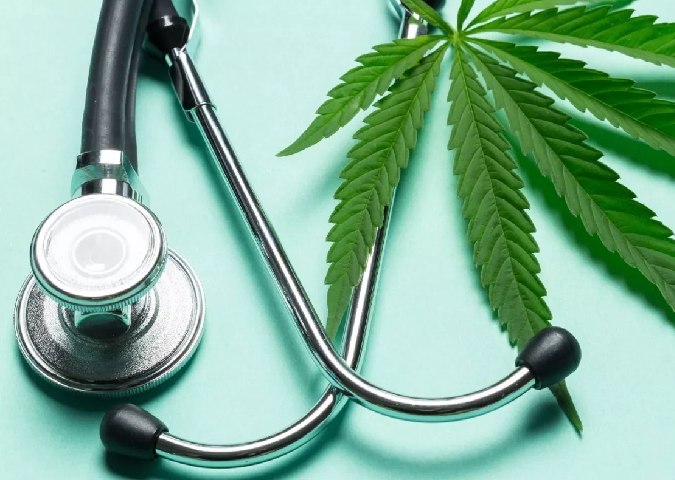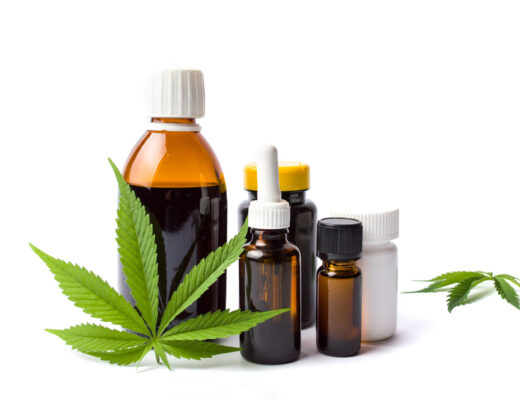More than two-thirds of the states have given the okay to medical marijuana. Still, it is not necessarily easy for a patient to find a doctor willing to recommend it. This could cause some to question whether talking with a doctor is even worth it. If marijuana can be obtained through the legal recreational market, or even the black market, some patients may choose to do so rather than broach the topic with their doctors.
If you find yourself asking whether you should have the discussion, only you can answer the question. You know your relationship with your doctor better than anyone else. You also know what medical conditions you are dealing with. Something to consider is the fact that the worst possible outcome of such a discussion would be your doctor refusing to help you.
Why Some Doctors Still Resist
A 2013 study published in the New England Journal of Medicine showed that an astounding 76% of surveyed doctors supported legalizing medical cannabis. That was comparable to the favorable view among the general population at that time. So why do so many doctors still resist medical cannabis in their day-to-day practices?
A 2014 paper published by the AMA Journal of Ethics shed some light on the issue. That piece suggests several reasons that might explain physician reluctance:
- Federal Status – Marijuana’s federal status as an illegal substance put to doctors in the unusual position of having to choose between patient care and self-preservation. Prescribing an illegal substance could jeopardize a physician’s career.
- Clinical Evidence – A lack of clinical evidence in support of medical marijuana is a stumbling block for many physicians. They have been trained to make decisions based on science rather than anecdotal evidence.
- Dispensing Concerns – Some doctors are concerned about how medical marijuana is dispensed. Being dispensed without a formal prescription introduces additional risks doctors do not want to be responsible for.
- Ethical Concerns – In states that allow doctors to specialize in medical marijuana therapies, there are concerns about the ethical nature of commercialization. Some doctors fear the rise of so-called ‘pot docs’.
Doctors continuing to resist medical marijuana all have their own reasons. From a purely professional standpoint, all such reasons are valid. They could easily explain the discrepancy between doctors largely supporting medical marijuana legalization but still resisting it for their patients.
A Discussion With Your Doctor
If you were to have a discussion about medical marijuana with your doctor, what would be the basis of that discussion? My assumption is that most patients would want to focus on a medical condition they believe could be treated with marijuana.
States with medical marijuana programs tend to have qualifying conditions lists. These are lists of conditions for which cannabis can be recommended. Utah has such a list, according to Salt Lake City’s Beehive Farmacy. The list includes conditions like chronic pain, PTSD, nausea, cancer, and seizure disorders.
In Utah, two types of medical professionals can recommend medical cannabis. They are:
- Qualified Medical Providers (QMPs) – Medical providers with prescribing authority who have undergone additional training and been certified.
- Limited Medical Providers (LMPs) – Medical providers with prescribing authority but no additional cannabis training.
If your own Utah doctor is not on board with medical marijuana, you could visit with a separate LMP or QMP. Ironically, this is one of the things that physicians are afraid of. They do not want patients doctor shopping in order to get marijuana recommendations.
Ultimately, whether you discuss medical marijuana with your doctor is your choice. But think of it this way: what do you have to lose?




